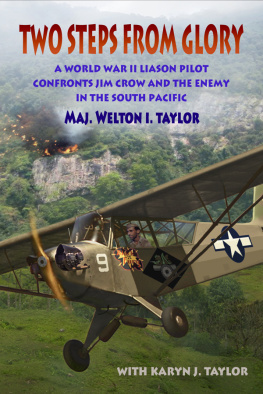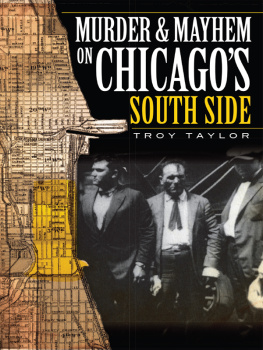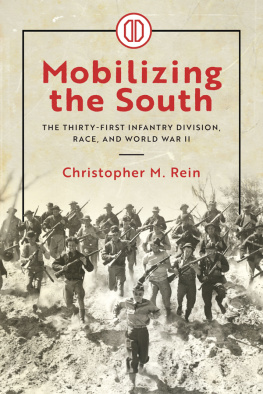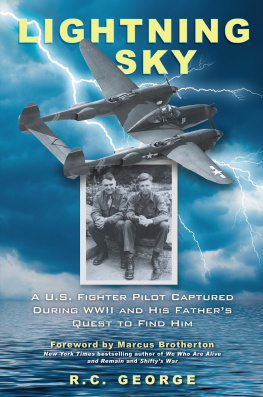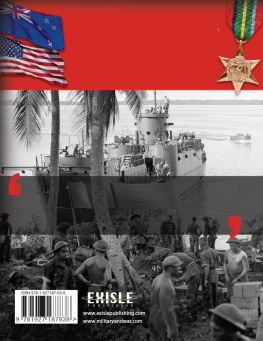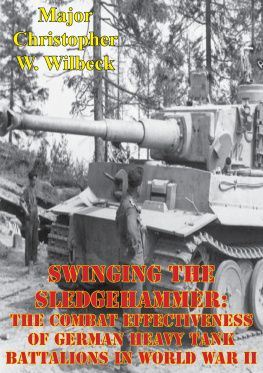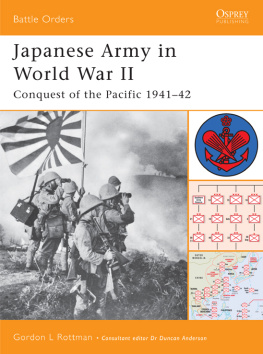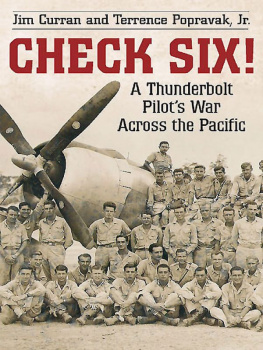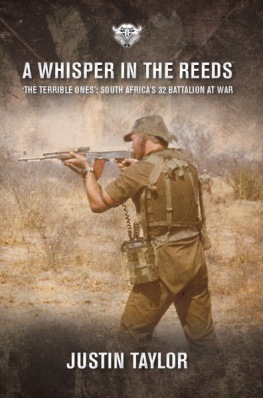TWO STEPS FROM GLORY
A World War II Liaison Pilot Confronts Jim Crow and the Enemy in the South Pacific
by
Major Welton I. Taylor
with
Karyn J. Taylor
Copyright 2012 by Welton I. Taylor and Karyn J. Taylor
Winning Strategy Press
1200 West 35th Street, #255
Chicago, IL 60609
All rights reserved. No part of this book may be reproduced or transmitted in any form, or by any means, electronic, digital, or mechanical, including photocopying, recording, or by any information storage and retrieval system, without express permission in writing from the publisher.
Cover Art by Jack Fellows
ISBN: 978-0-9838677-3-9
Dedication
If a journey of a thousand miles begins with one step, so too does the course of a lifetime. In my life, that iconic first step was taken by Ms. Mercedes Rojas, my high school Spanish teacher, without whom my life would have never been the same.
It was during my senior year at Chicagos DuSable High School that scouts from several Big Ten colleges in the Midwest arrived in search of outstanding students on whom to bestow scholarships. Since I was class valedictorian and had a perfect 4.0 academic record, Ms. Rojas assumed I would be a shoe-in for a scholarship. But she was absolutely incensed to learn that the scouts had chosen only star athletes and had never interviewed me at all.
Angry but undeterred, Ms. Rojas took matters into her own hands, arranging an interview for me the following Saturday with one of Chicagos most successful black businessmen, Earl B. Dickerson, President of Supreme Liberty Life Insurance Company. Mrs. Rojas had explained that my parents were financially unable to send me to college on their own, and she hoped Mr. Dickerson could help.
Earl Dickerson not only granted me an interview, but when I started my freshman year at the University of Illinois at Champaign-Urbana in the fall of 1937, it was Mr. Dickerson and several of his equally successful friends who paid my way. I joined Mr. Dickersons fraternity, Kappa Alpha Psi, during my second semester on campus, and the Kappas granted me scholarships for my next three years. I am forever indebted to them all.
Unfortunately, Ms. Rojas died during my sophomore year, and I didnt learn of her death until the following summer. Let this dedication reveal the great depth of respect and admiration I will always feel for her, as well as my immense sorrow at her untimely passing. She was my guardian angel, and I hope I have made her proud.
Foreword
Growing up in Chicago in the 1950s, I heard my father speak of Lieutenant Taylor many times. The military careers of Lieutenant Taylor (Two Steps From Glory author, Dr. Welton I. Taylor), and my father, Lieutenant Colonel Marcus H. Ray, intersected prior to and during World War II, and my father spoke of Lieutenant Taylor as an example of how a person of character and intelligence could overcome the barriers racial prejudice placed in the paths of people of color. Much has improved in America since then, yet I am concerned that generations younger than mine may not know the history of our forebears or the extent of the trials they had to endure. Dr. Taylors narrative reveals part of that history. It engages the reader and conveys the experiences of a well-prepared young man learning to survive in a hostile racial environment
But to fully understand Dr. Taylors experiences, one needs to examine, if only briefly, the long history of African Americans participation in the U.S. Armed Forces. African Americans have served in every war this country has fought, beginning with the French and Indian War in 1754 and continuing right up to the conflicts in Iraq and Afghanistan. Today, African Americans serve in every capacity in the military, advancing as far up the chain of command as their skills and performance permit, but equality on the battlefield has been a recent development. In all of Americas wars prior to and including World War II, racial prejudice in the wider societyand in the military in particularforced blacks to serve only in those capacities least objectionable or threatening to whites. Few blacks were deployed as artillerymen in those wars and fewer still, as cavalry. The vast majority, although listed in military logs as infantry, actually served as cooks, waiters, supply personnel, and guards.
In fact, throughout most of our countrys history, the U.S. Armed Forces avoided admitting African Americans into its ranks, and did so only as a last resort. That it did so at all can be attributed to the confluence of two forces: the desire of African Americans to improve their historically low socioeconomic and political status, and the periodically urgent need of the U.S. military to field large numbers of combat and support troops with which to wage increasingly large-scale and industrialized wars.
Warfare always requires manpower, and in the earliest days of our country, manpower was in particularly short supply. European colonial powers introduced slavery into America in the mid-1600s to solve that manpower shortage and to tame the vast new lands stretching as far as the eye could see. A hundred years later, two of the largest colonial powers, France and England, were still vying to gain control of the North American continent, and when their territorial conflicts escalated into the French and Indian War (1754-1763), the British used black slaves to fill their shortages of fighting men and supply troops, and the French did the same with Native Americans.
The American colonies finally rebelled against England in 1776 launching the Revolutionary War. Blacks fought alongside whites in the first battles at Lexington and Concord, but their patriotism went largely unheralded and unappreciated: When the Continental Congress raised the colonies first official army shortly thereafter, it specifically excluded blacks. Southern states had complained that most blacks were slaves and arming them would violate the property rights of their masters, and that argument ruled the day.
The British had no such concerns. They issued a proclamation offering freedom to any runaway slave who joined their side, and tens of thousands of slaves answered the call. On the heels of Britains bold actionand facing a dire need for manpower in the Continental Armythe Continental Congress quickly reversed its exclusionary policy, permitting the Army to admit both free blacks and slaves serving on behalf of their masters. Able-bodied male slaves were purchased for $1,000 each, swelling to one third the ranks of blacks in General George Washingtons army at Valley Forge and replacing thousands of whites who had died or deserted due to the privations of service in the Continental Armyno pay, starvation rations, and inadequate clothing and shelter.
Manpower shortages continued as the war progressed, and state after state struggled to meet recruiting quotas. Desperate to break a British naval blockade that was impeding commerce at its busiest port, Rhode Island offered freedom to any slave who signed up. The 1st Rhode Island, established in 1778, became Americas first all-black combat regiment.
By the time the American Revolution officially ended in 1783, eight years to the day after the battles at Lexington and Concord, an estimated 5,000 blacks had served with the revolutionaries and another 20,000 had served with the British. Most slaves had volunteered hoping an American victory would spell the end of slavery, and the British lived up to their promise, evacuating many former slaves to Canada or to Sierra Leone in West Africa. The Americans returned many of the slaves who fought on their side to their former masters.
When the Continental Convention convened in Philadelphia in 1787, any lingering hopes blacks had that slavery would be abolished were dashed. Southern states refused to join the Union if the slaves were freed, and the delegatesfearing their new Constitution would not be ratifiedpromptly tabled the issue and permitted the slave trade to continue for an additional twenty years. Congress delivered the final blow when it passed a law in 1792 restricting service in all state militias to free white males.

